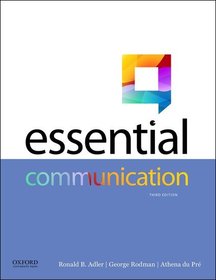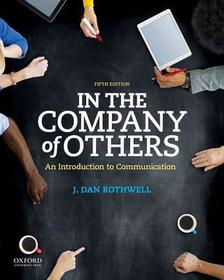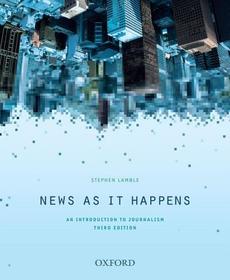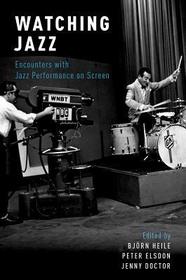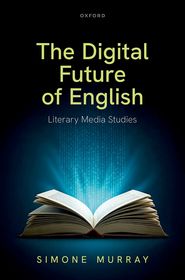
The Digital Future of English
Literary Media Studies
-
10% KEDVEZMÉNY?
- A kedvezmény csak az 'Értesítés a kedvenc témákról' hírlevelünk címzettjeinek rendeléseire érvényes.
- Kiadói listaár GBP 88.00
-
42 042 Ft (40 040 Ft + 5% áfa)
Az ár azért becsült, mert a rendelés pillanatában nem lehet pontosan tudni, hogy a beérkezéskor milyen lesz a forint árfolyama az adott termék eredeti devizájához képest. Ha a forint romlana, kissé többet, ha javulna, kissé kevesebbet kell majd fizetnie.
- Kedvezmény(ek) 10% (cc. 4 204 Ft off)
- Kedvezményes ár 37 838 Ft (36 036 Ft + 5% áfa)
Iratkozzon fel most és részesüljön kedvezőbb árainkból!
Feliratkozom
42 042 Ft

Beszerezhetőség
Becsült beszerzési idő: A Prosperónál jelenleg nincsen raktáron, de a kiadónál igen. Beszerzés kb. 3-5 hét..
A Prosperónál jelenleg nincsen raktáron.
Why don't you give exact delivery time?
A beszerzés időigényét az eddigi tapasztalatokra alapozva adjuk meg. Azért becsült, mert a terméket külföldről hozzuk be, így a kiadó kiszolgálásának pillanatnyi gyorsaságától is függ. A megadottnál gyorsabb és lassabb szállítás is elképzelhető, de mindent megteszünk, hogy Ön a lehető leghamarabb jusson hozzá a termékhez.
A termék adatai:
- Kiadó OUP Oxford
- Megjelenés dátuma 2025. augusztus 14.
- ISBN 9780198952619
- Kötéstípus Keménykötés
- Terjedelem256 oldal
- Méret 240x165x18 mm
- Súly 570 g
- Nyelv angol 695
Kategóriák
Rövid leírás:
The Digital Future of English: Literary Media Studies takes a refreshingly optimistic approach to the future of English studies by examining how digital technologies recast and expand understandings of what literature is and how literary culture functions.
TöbbHosszú leírás:
More than any other academic discipline, literary studies is the creation of print culture. How then can it thrive in the digital era? Early 1990s predictions of the book's imminent demise presented a simplistic either/or choice between the legacy of moribund print and triumphalist digital technology. Yet we have grown to experience the two media as complexly interdependent and even complementary. Clearly, digital does not kill print. But literary studies in the digital era cannot simply resume business as usual. It is urgently necessary to reconsider the discipline's founding assumptions in light of digital technology.
The digital era prompts a rethinking of literary studies' object of study, as well as its methods, theories, audiences and pedagogical practices. What counts as literature necessarily shifts in an age of proliferating born-digital texts and do-it-yourself (DIY) online publication. Where should literary studies sit institutionally, and how might it graft contextually-oriented social sciences methods onto its traditionally humanistic mode of textual analysis? Why should literary study continue to marginalize emotional responses to texts when online communities bond via readerly affect? Who is the audience for literary criticism in an age where expertise is routinely challenged yet communication with global book-loving publics has never been technologically easier? Finally, how can we utilize digital tools to rejuvenate literary studies pedagogy and help English staff better connect with millennial-age students?
Literary studies has been convulsed for decades by debates over electronic literature and, more recently, digitally-aided 'distant reading'. But these discussions still mostly confine themselves to demarcating our proper object of study. We need to think more expansively about digital technology's impact on the underpinning tenets of the discipline. Literary Media Studies is pitched at fellow literary scholars, book historians, media theorists, cultural sociologists, digital humanists and those working at the interface of these converging disciplines. It models constructive engagement with contemporary digital culture. Most importantly, it brings a burst of sorely needed optimism to the question of literary studies' digital future.
The Future of English is among the first books to grapple with the distinct forms and formats that media production takes on in the networks, communities, and markets comprising what Murray has previously termed the digital literary sphere. It is an invaluable roadmap for the discipline.
Tartalomjegyzék:
Introduction: Varieties of Digital Literary StudiesâMicro, Macro, Meso
Object of Study: Broadening Conceptions of âLiteratureâ for the Digital Era
Literary Institutions: Situating English between the Humanities and Social Sciences
The Problem of Affect: Literary Studies, BookTube, and BookTok
Reading Publics: Bridging Scholarly and Popular Bookish Audiences in the Digital Age
Machine Learning: Literary Studies Pedagogy in the Digital Era
Conclusion: Realizing Literary Media Studies



